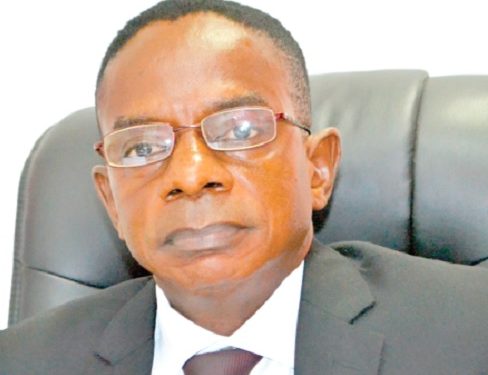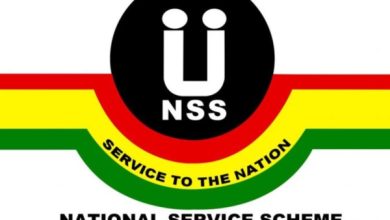Auditor-General uncovers GH¢15.1bn financial irregularities in public boards, corporations

More than GH¢15.1 billion irregularities have been uncovered in the operations of public boards, corporations and other statutory institutions for last year, the 2022 Auditor-General’s report has found.
The amount represents a 13.86 per cent or GH¢2.4 billion reduction from the 2021 figure of GH¢17.48 billion.
It is important to note that last year’s irregularities were made up of more than GH¢15 billion that can be recovered (recoverable amount) and an administrative infraction of GH¢47.28 million.
Out of the irregularities, the recoverable amount represented 99.69 per cent, with the administrative portion being GH¢47.3 million, representing 0.31 per cent.
This amount cannot be recovered and it is made up of procurement and other irregularities.
The Auditor-General, therefore, asked for strict implementation of its recommendations to ensure financial discipline in the management of public resources.
The irregularities were mainly in the area of outstanding debts, loans, amounts recoverable, cash, payroll, procurement, tax, stores and contracts.
Irregularities have been a regular feature of the public boards and corporations from 2018 to 2022 during which over GH¢53.87 billion of such cases were recorded.
From GH¢3 billion in 2018, the number of irregularities gradually increased to GH¢17.5 billion in 2021, before dropping to GH¢15.1 billion in 2022.
The report, which the Auditor General has presented to Parliament, a copy of which the Daily Graphic has obtained, shows that most of the irregularity categories decreased last year compared to 2021, even though 113 institutions were audited last year, a little more than the 101 institutions that were audited in 2021.
The administrative irregularities were made up of procurement irregularities and other procedural infractions and lapses in public financial management.
The report underlined that the administrative irregularities did not connote loss of funds.
The recoverable amount, however, constituted inter-governmental agency debts, other overdue receivables, locked up investments, unpaid taxes, unretired impress and advances and loans given to employees of various institutions, the report stated.
The administrative irregularities comprised infractions that arose from procurement, overdue payables, and the payment of penalties due to delayed payments to suppliers.
These irregularities represent inter-governmental agencies’ debts, trade debtors, staff debtors, outstanding loans and cash locked up in non-performing investments.
For instance, $741.93 million is due from customers of Ghana National Gas Limited Company, comprising $515.20 million from the Bui Power Authority, $215.78 million from the Ghana National Petroleum Corporation (GNPC) and GH¢1.40 million from the Northern Electricity Distribution Company (NEDCo).
The absence of effective debt collection policies, the non-existence of credit controls to recover the debts and management’s indifferent posture towards loan recovery contributed significantly to the irregularities, the Auditor-General’s report stated.
Also, improper maintenance of records on debtors, the absence of debtors’ ageing analyses, non-documentation of agreements stipulating the terms and conditions of loans, failure to ensure that loans were repaid and management’s non-compliance with rules and regulations accounted for the irregularities.
Recommendation
“We recommended that management of public boards, corporations, and other statutory institutions should strictly adhere to rules and regulations with regard to debts management,” the report stressed.
“They should also put in place proper policies for the management of loans and other receivables as well as ensuring that loans and debts are repaid on due dates to avoid or minimise the occurrence of bad debts,” the report further stated.
Poor oversight, nonexistent controls
Cash irregularities related to the misapplication of funds, payments not authenticated and the payment of board allowances to Council Members without ministerial approval.
Out of the GH¢23.51 million cash irregularities, GH¢14,47 million, came from unrecovered staff advances paid to employees of the Ghana Water Company Limited.
The report emphasised that the irregularities occurred because of poor oversight responsibility and nonexistent controls.
Other factors that contributed to cash irregularities were finance officers’ failure to properly file and keep records,
Source: Graphic.com.gh




